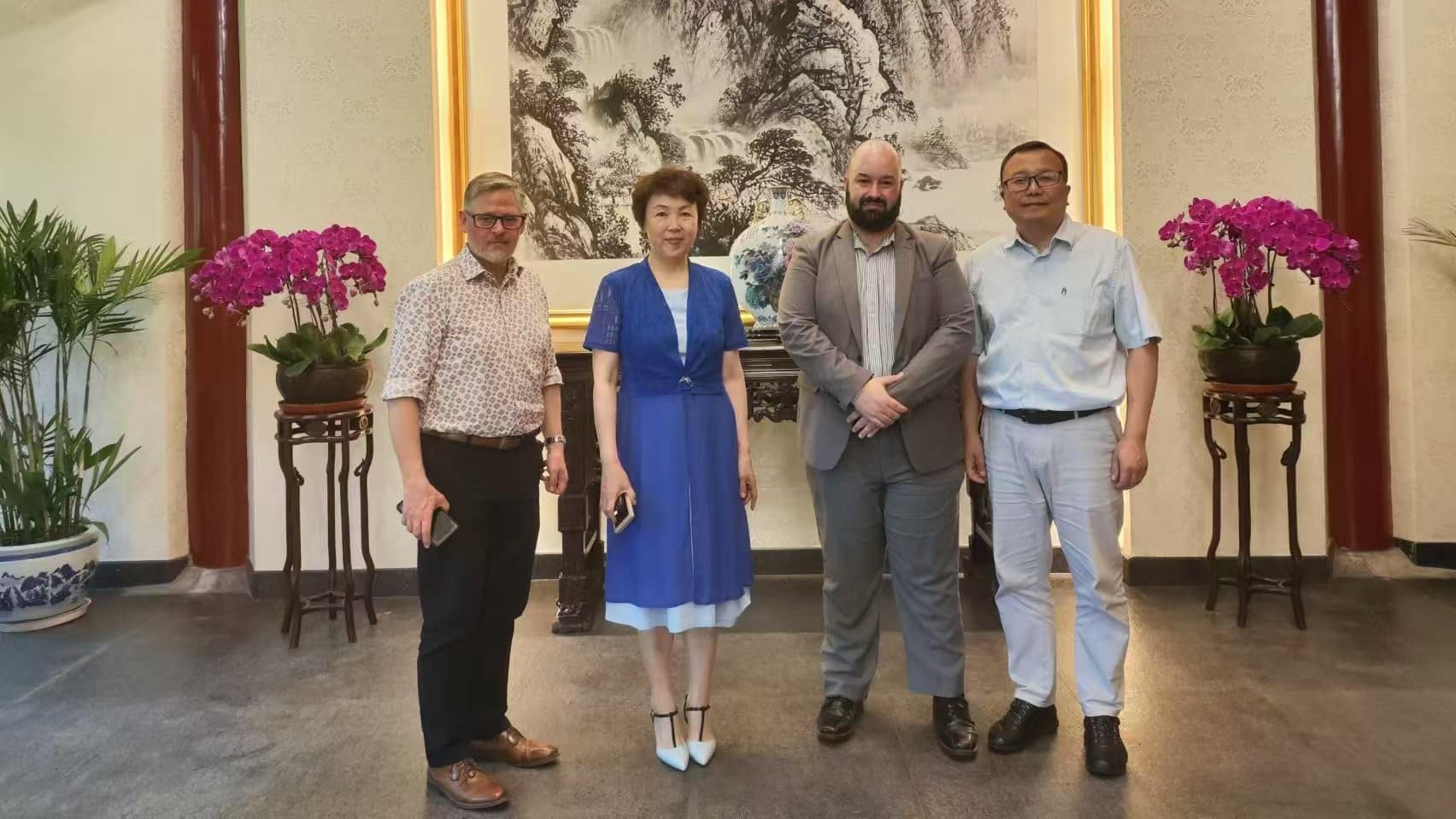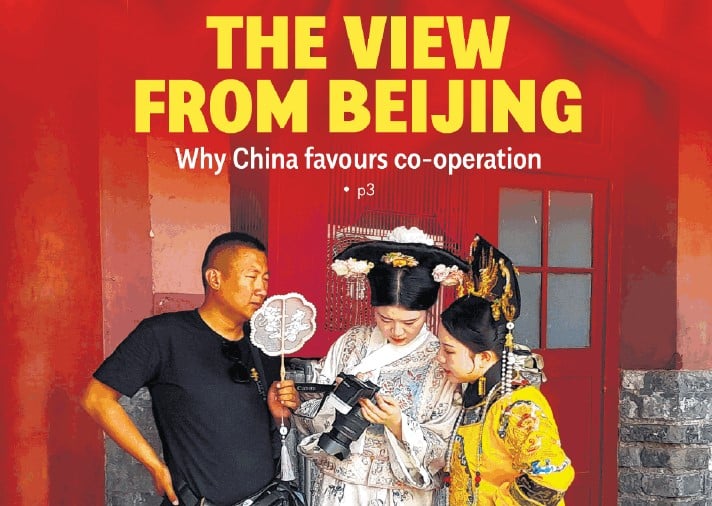NZ-China debate ‘must go beyond black and white’
This article was originally published by Newsroom.co.nz and is reproduced with permission.
Sam Sachdeva
This year marks the 50th anniversary of diplomatic ties between New Zealand and China – but the NZ China Council is marking its own milestone at a time when the bilateral relationship is becoming increasingly complex
Debate about the implications of China’s growing role on the world stage must go beyond “black and white” discussions of a trade-off between geopolitics and trade, the NZ China Council’s new executive director says.
Former diplomat Alistair Crozier, who was appointed to the role last month, has also acknowledged New Zealand cannot shy away from the complications of China’s rise – but says it is for individual businesses, rather than the Government, whether they are overly exposed in their exports to the superpower.
The NZ China Council, which marks its 10th anniversary this year, was launched in 2012 by then-prime minister John Key as part of the National government’s NZ Inc China strategy to strengthen the bilateral relationship.
Crozier told Newsroom he was excited to work on the “very dynamic, important and complicated” issue of NZ-China ties, the focus of much of his career – including a four-year stint as New Zealand’s first consul-general for the southwestern Chengdu province.
He believed the relationship was in strong condition, with a long history (this year marks the 50th anniversary of diplomatic relations) that had developed more swiftly in the last 20 years while also increasing in complexity.
“We don’t shy away from the fact that as China is emerging as a regional and global power, that is affecting the dynamic in the region and it comes with its own complications.”
However, the debate was often “a very black and white” discussion of geopolitical considerations on one side and trade ties on the other, which led to polarisation rather than a more nuanced position.
Noting an increase in the number of Kiwis who perceived the country as a threat, Crozier said it was important to take other issues into account, such as sporting connections and the growing number of New Zealanders who were born in China.
“We feel it’s really important in that light for there to be a really robust discussion in the New Zealand public about the implications of China’s rise, we want there to be as many voices as possible.”
The country had gone through some dramatic internal changes in recent years, with increasingly advanced cities and infrastructure as well as families with more globalised mindsets. However, that modernisation did not seem to be in the minds of all New Zealanders, he said.
“I have friends here who think China is maybe stuck in a time warp, or a North Korean type state on a large scale, and it’s just not … there’s been no standing still, internally or externally.”
Crozier said the issue of whether New Zealand exporters were too reliant on China was a valid discussion to have, as any well-run business would look at both its spread of export markets and the spread of exports within each market.
“A business leader made the point to me that businesses face risks all the time, every day, and business is about managing and mitigating those risks.”
It was up to individual businesses to decide the best approach, with a “China-and” rather than “China-or” approach possibly best given the lack of other markets offering the same scale, growth and interest in New Zealand products.
The NZ China Council would next week issue an updated version of a 2020 report it commissioned into bilateral trading patterns which found New Zealand was “highly exposed” to China in some sectors but pushed back against the idea exporters were too reliant on the market.
Echoing Prime Minister Jacinda Ardern, Crozier said the bilateral relationship did not need to be defined by the differences between the two countries, but the areas where New Zealand and China could “validly have a very positive relationship”.
Climate change was among those, given China’s global significance in the battle to reduce emissions and related innovations such as work on electric vehicles and the electrification of its public transport fleet.
“That should be something where we’re prepared to say, ‘They’ve done really well, and how do we do that as well?’”
Crozier believed the council itself had “genuine mana” on the issue of NZ-China ties given the seniority of its members, including Air New Zealand chief executive Greg Foran and MFAT head Chris Seed among others.
The organisation was working to cover the evolution of the relationship through its membership, with work on Māori business and the inclusion of emerging leaders.












 MENU
MENU
